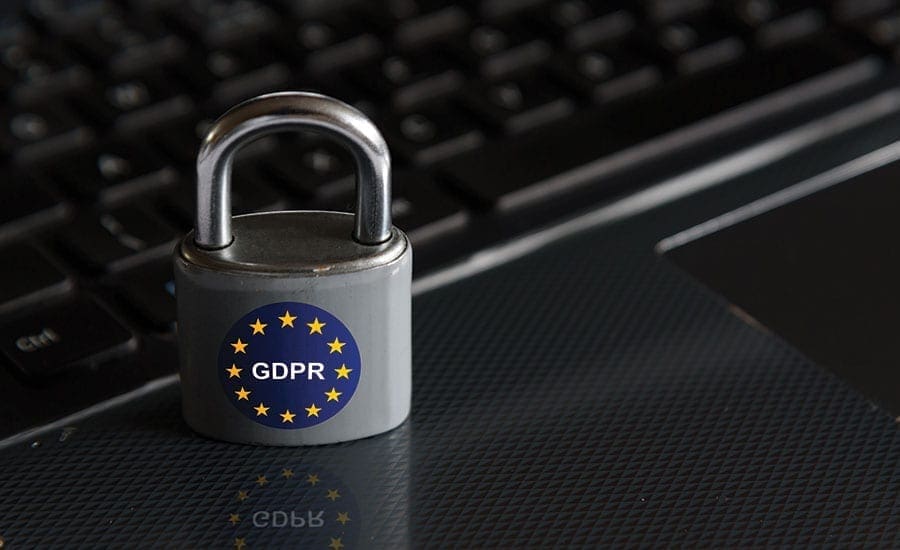Mayday, mayday” is a standard international distress signal. With the European Union’s General Data Protection Regulation (GDPR) going live on May 25, 2018, the phrase seems particularly apt.
What is the GDPR? Weighing in at over 50,000 words, the GDPR revises a decades-old EU privacy directive that harkens back to 1995, a time when there was more postal mail than email. The GDPR restricts how organizations can collect, use and retain personal data, and provides Europeans with certain rights to halt collection, and to obtain copies, correction and, at times, destruction of their data.
How does it impact U.S. businesses? The EU seeks to apply the GDPR to all companies regardless of location if they collect personal data from individuals in the EU, such as through websites targeting EU consumers with goods or services (whether paid or unpaid), or by monitoring the behavior of people in the EU. The GDPR also applies to vendors (and corporate partners and affiliates) who end up storing, transferring, processing or using EU personal data even though another company initially collected it.
What are the Cybersecurity Requirements? Companies must implement “appropriate technical and organizational measures to ensure a level of security appropriate to the risk.” Doing so requires an organization to evaluate “the state of the art” of security; the costs of implementation; the nature, scope, context and purposes of processing the personal data; and the risks to individual rights and freedoms. Data protection must be implemented “by design and by default.”
Are there breach notification requirements? Yes. If a data breach is likely to result in “a risk” to an individual’s rights and freedoms, the company must notify the supervisory authority without undue delay and, where feasible, within 72 hours of becoming aware of it. When the breach is likely to result in a “high risk” to rights and freedoms, notifications also must be made without undue delay to the affected individuals.
Can we get ready in a few weeks? It is unlikely. The EU gave companies two years. Still, achieving compliance may be more straightforward for organizations that do not collect sensitive categories of personal data (race, ethnicity, health, sex life, sexual orientation, criminal history, trade union membership, political/religious/philosophical beliefs, genetics or biometrics) and whose activities are unlikely to result in high risks to individual rights and freedoms (such as through large-scale data processing, new technologies or systematic monitoring, profiling and automated decision-making) […] Read more »



ROLE DESCRIPTION
We are looking for a Membership Manager to join the company and take on one of the most opportunistic roles the industry has to offer. This is a role that allows for you to create and develop relationships with leading solution providers in the enterprise technology space. Through extensive research and conversation you will learn the goals and priorities of IT & IT Security Executives and collaborate with companies that have the solutions they are looking for. This role requires professionalism, drive, desire to learn, enthusiasm, energy and positivity.
Role Requirements:
Role Responsibilities:
Apex offers our team:
Entry level salary with competitive Commission & Bonus opportunities
Apex offers the ability to make a strong impact on our products and growing portfolio.
Three months of hands on training and commitment to teach you the industry and develop invaluable sales and relationship skills.
Opportunity to grow into leadership role and build a team
Extra vacation day for your birthday when it falls on a weekday
All major American holidays off
10 paid vacation days after training period
5 paid sick days
Apply Now >>